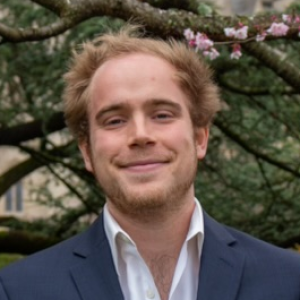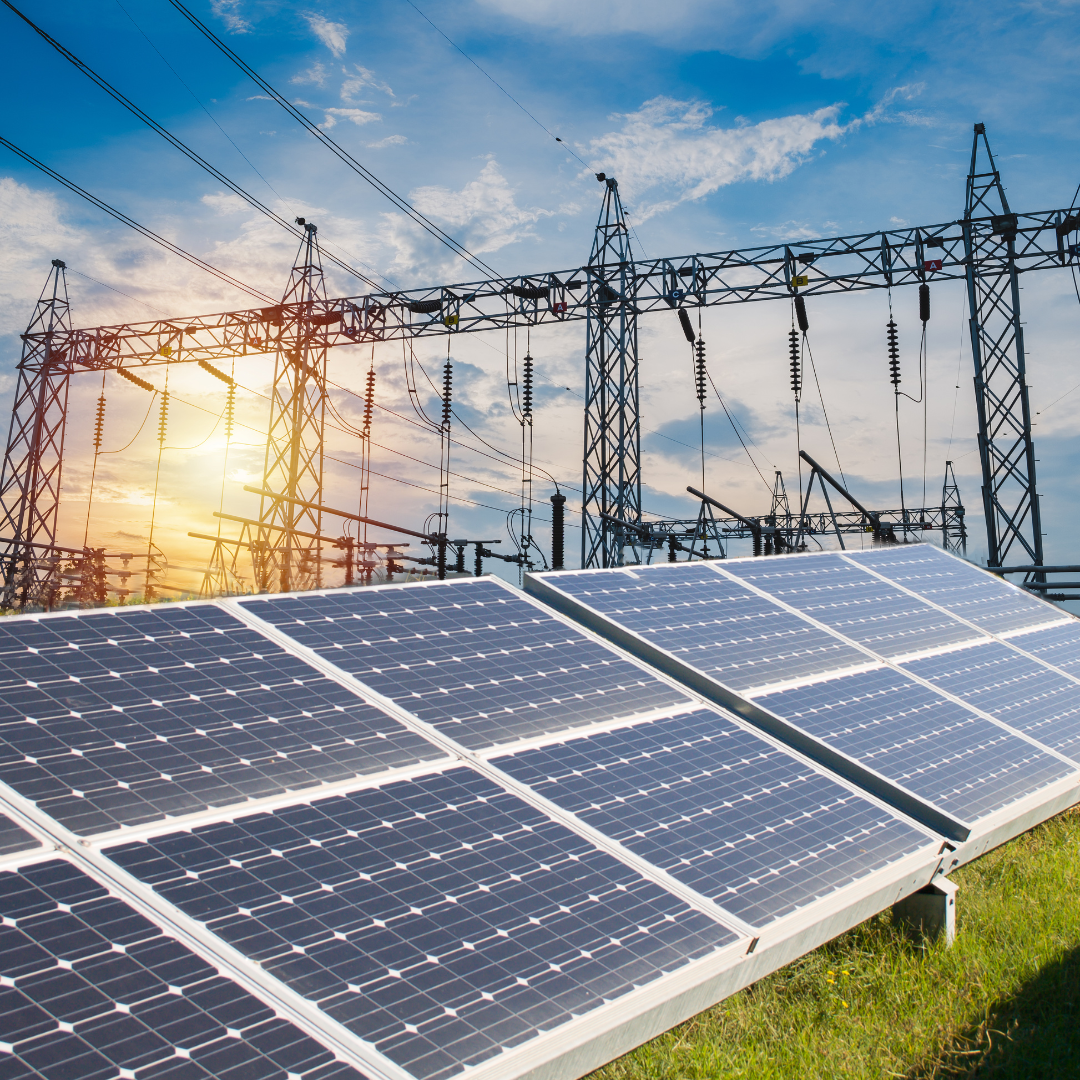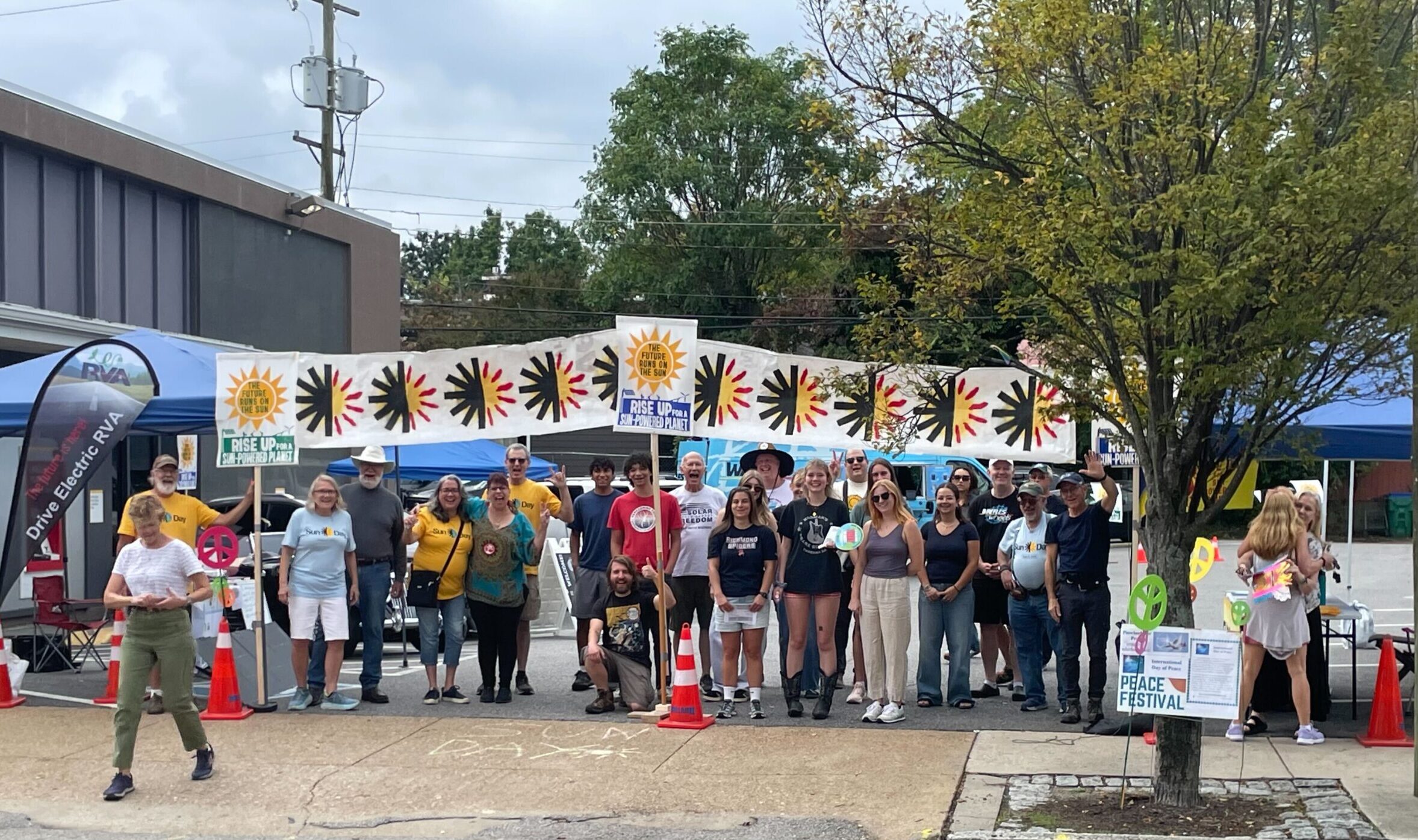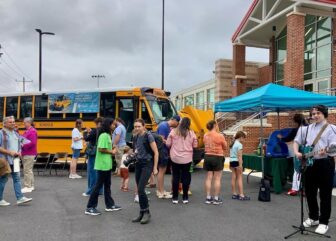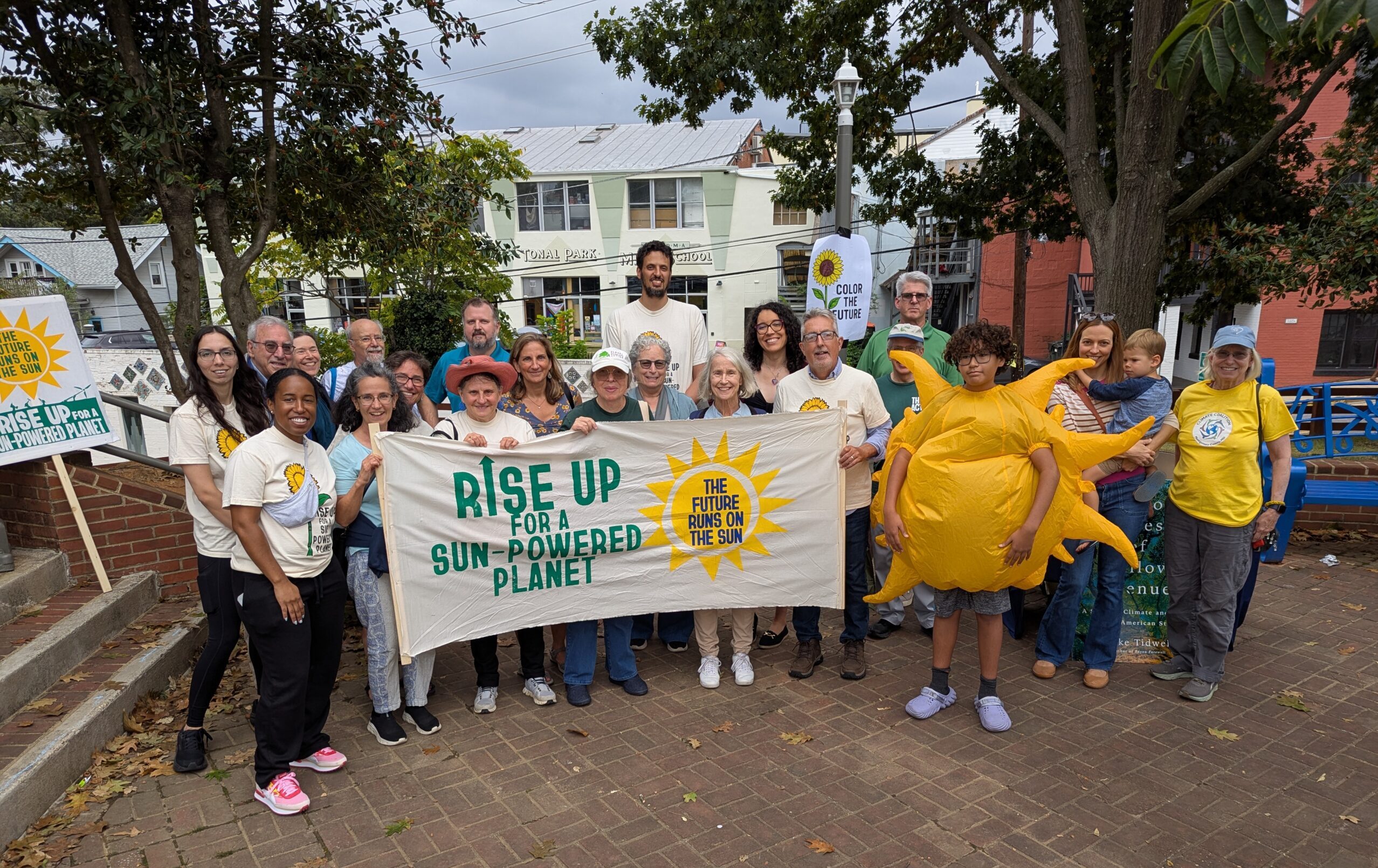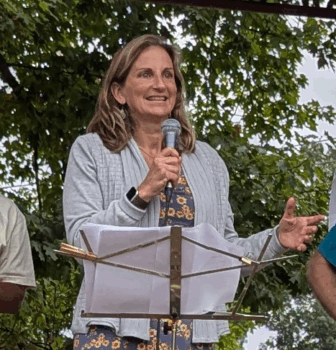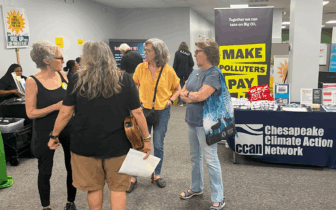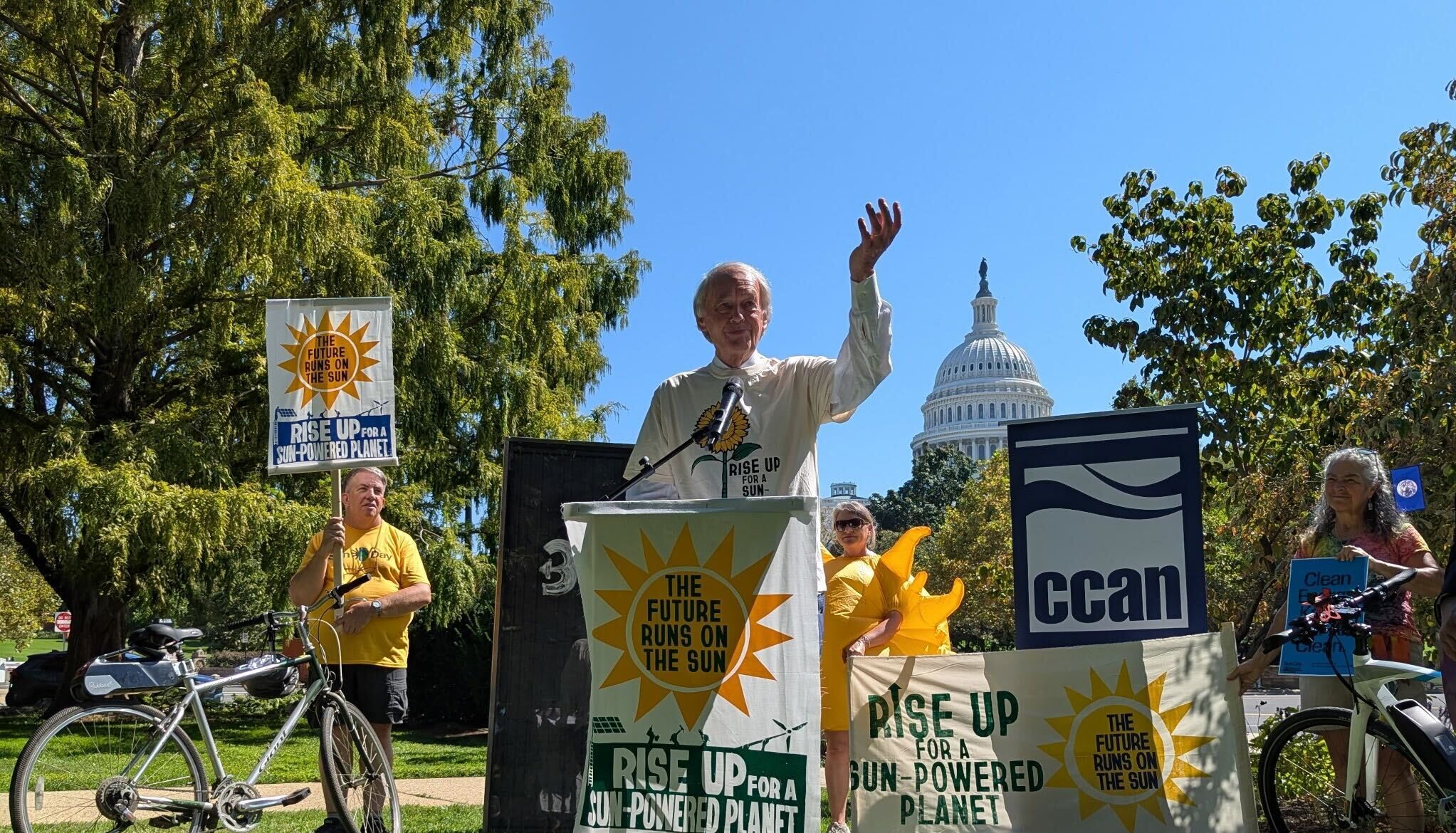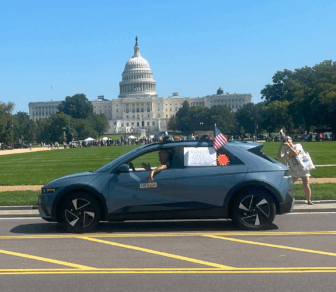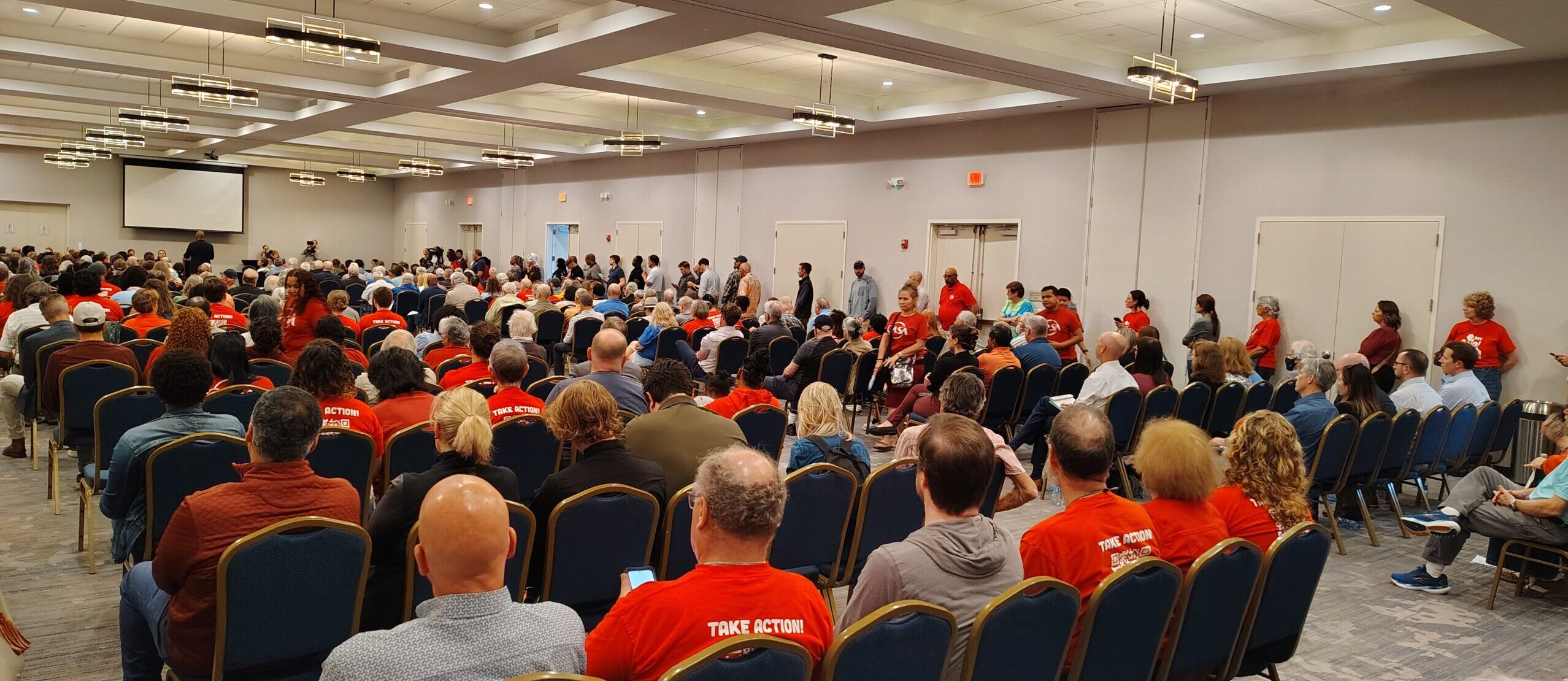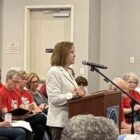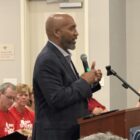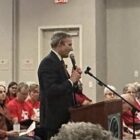Op-Ed by Jake Schwartz, CCAN Federal Campaigns Manager, initially published in the Bay Journal.
Your electricity bill is going up again. And no, it’s not just inflation. A big part of the problem is PJM Interconnection, the federally regulated but largely independent grid operator that controls the flow of power to 65 million people across 13 states and the District of Columbia. Instead of embracing cheaper, cleaner energy, PJM has clung to its fossil fuel biases, and we’re all paying the price.
Every year, PJM holds a “capacity auction” that determines how much consumers will pay to guarantee electricity for future years. On Sept. 1, electric bills increased as a result of the 2024 capacity auction. And earlier in the summer, when PJM released the 2025 auction results, households across much of the region learned that their bills would go up once again in 2026. The blame doesn’t rest on abstract market forces; it rests on PJM’s refusal to prioritize connecting clean energy to the grid.
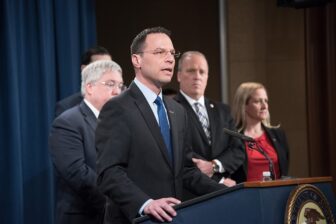
At a moment when new renewable technologies promise abundant, low-cost and reliable power, PJM has allowed the grid to stagnate. Instead of connecting the countless clean energy projects that have been stuck in a decade-long queue, PJM has fast-tracked fossil fuel plants, mostly gas-fired, to jump this very same line. This is not just bad for the environment. It’s also a direct hit to our wallets. Oil and gas prices are volatile. Coal plants are aging, inefficient and costly. Yet PJM seems determined to double down on fossil fuels, forcing consumers to pay more.
Recent pushback from politicians, led by Pennsylvania Gov. Josh Shapiro, has successfully convinced PJM to institute a price cap, putting a limit on how high consumer prices can be. In states like Maryland and Virginia, customers served by BGE and Dominion Energy may pay less next year thanks to this pro-consumer response — but it is only a temporary solution, and the rest of the region will face higher costs. Pushback at the state level, however, shows that PJM’s policies can be challenged. Political leaders can successfully fight for reforms that help our pocketbooks.
In Maryland, prices are rising for another reason as well. Earlier this year, as the Chesapeake Bay Journal reported in its April issue, PJM mandated that two coal plants had to remain online even though their owners wanted to retire them. Stuck with its fossil fuel-centric worldview, PJM saw no alternative to meet energy demand than to keep inefficient coal plants online past their retirement date. Because coal is so expensive, this decision will cost some Marylanders up to 24% more per month, according to RTO Insider. This is nothing but a subsidy for highly polluting, uneconomical coal plants, imposed on consumers who had no say in the process.

The bitter irony is that PJM’s barriers to clean energy are self-inflicted. More than 3,000 renewable energy projects are currently waiting in PJM’s queue, according to Inside Climate News. If even a fraction were given the green light, consumers could see significant long-term price relief. Wind and solar are now cheaper than coal and gas in most of the country. Battery storage, once a futuristic concept, has rapidly scaled to make those renewable resources reliable around the clock. But as long as PJM keeps its thumb on the scale for fossil fuels, the grid will remain more expensive and less resilient than it should be.
Despite these challenges with PJM, reforms are being discussed. For the first time in decades, this fall PJM filled two board seats and will appoint a new CEO. New leadership could finally bring PJM into the 21st century, prioritizing clean energy integration and consumer affordability. Or, if fossil fuel interests fill the seats, we could see more of the same: higher bills, higher emissions, and fewer options for customers.
This winter, PJM will revisit what it calls the Reliability Must Run rule, the provision that forced the Maryland coal plants to stay online — and could do the same elsewhere. The stakes could not be higher. This isn’t about something abstract. It’s about being able to afford to keep the lights on. Consumers and elected leaders across the region must make it clear that we can never again be required to pay more for electricity to keep old coal plants online.
Unfortunately, even the reform process itself has been shaky. While there were a series of task force meetings scheduled over the summer to discuss PJM reforms, many were cancelled without explanation. It seems clear that PJM is sticking to the energies of the past while the energy prices of the future are only going up. PJM may control the levers of our grid, but ultimately, the public pays the bill. We have to make PJM care.
Op-Ed by Jake Schwartz, CCAN Federal Campaigns Manager, initially published in the Bay Journal.
About the author:
Jake Schwartz (he/him) is the Federal Campaigns Manager at CCAN. Jake grew up in Philly (Go Birds!) and has organized on environmental and electoral campaigns across the country, from Oregon to Indiana. His career in climate organizing began at Green Corps, an environmental advocacy fellowship, where he worked on local, state, and federal campaigns.
Most recently, he was on the Harris-Walz campaign where he helped run the Delegate Operations and then Climate Engagement teams. Outside of work, you can find him running or biking in Rock Creek Park or reading at Meridian Hill Park.
